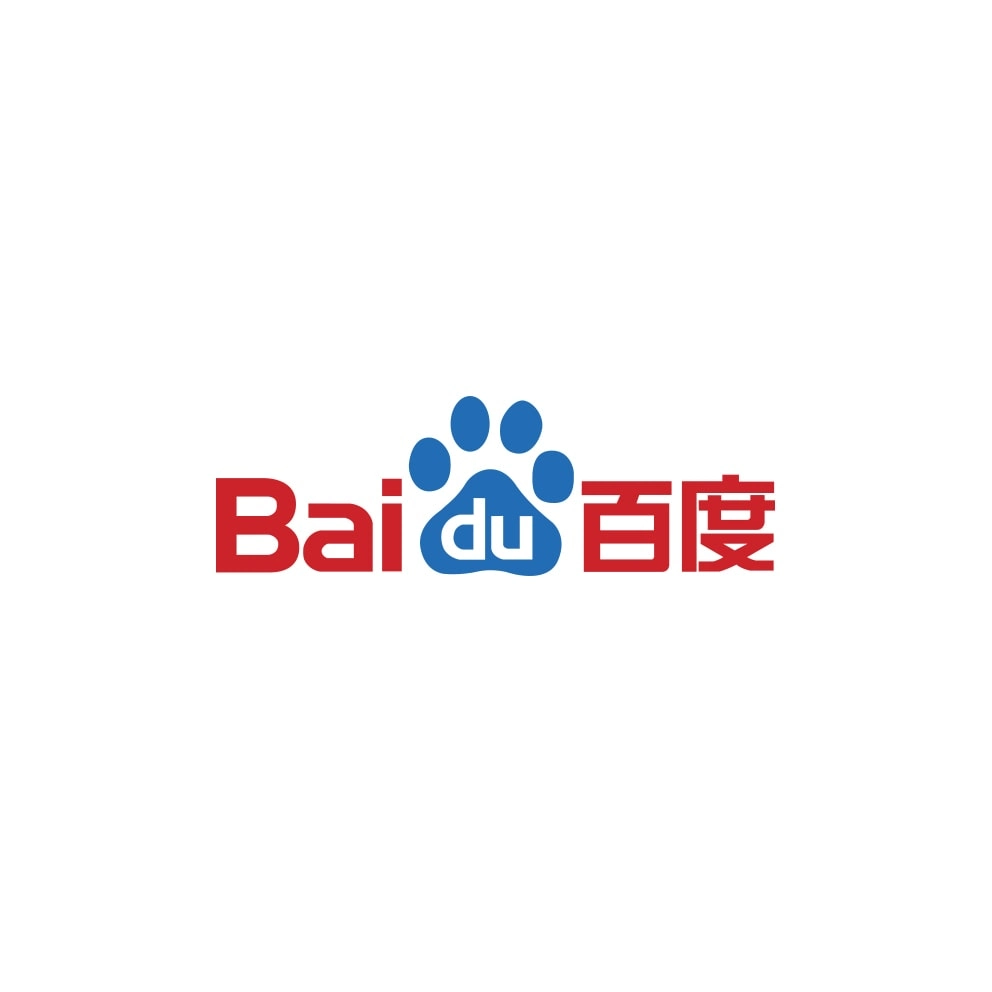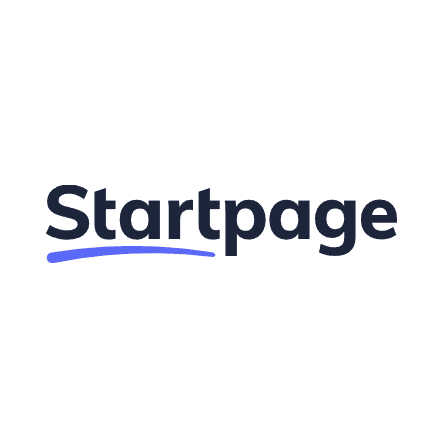When it comes to search engines, Google undoubtedly reigns supreme. However, in the ever-expanding digital universe of 2023, there are alternative search engines that offer unique features and niche search capabilities. For businesses in the UK, exploring beyond Google can present exciting opportunities to tap into specific audiences and gain a competitive edge. In this article, we venture into the world of alternative search engines, uncovering their distinctive offerings, and how businesses can harness their potential for enhanced online visibility and growth.

DuckDuckGo: Embracing Privacy and Anonymity
DuckDuckGo has emerged as a prominent alternative to Google, placing a strong emphasis on user privacy. Unlike other search engines, DuckDuckGo does not track users’ search history or personal information, offering a more private and anonymous search experience. For businesses seeking to appeal to privacy-conscious users, optimising their websites for DuckDuckGo can be a strategic move.

Bing: Microsoft’s Competitor in the Search Arena
Bing, Microsoft’s search engine, continues to grow its user base and offers distinct features that set it apart from Google. For businesses, Bing’s image and video search capabilities present opportunities to showcase products and services in a visually appealing manner. Additionally, since Bing powers searches on platforms like Yahoo and AOL, having a strong presence on Bing can extend a business’s reach to diverse audiences.

Ecosia: Searching with a Green Impact
Ecosia is an eco-friendly search engine that stands out due to its commitment to environmental causes. With every search made, Ecosia uses its profits to plant trees worldwide. For businesses with sustainability initiatives or eco-friendly products, optimising for Ecosia can align with their values and resonate with conscious consumers.

Yandex: Conquering the Russian Market
Yandex is Russia’s leading search engine, boasting a substantial user base in the region. For businesses with interests in the Russian market or looking to reach Russian-speaking audiences, optimising for Yandex is essential. Understanding Yandex’s unique algorithms and search preferences can open doors to thriving in the Russian digital landscape.

Baidu: Dominating China’s Search Landscape
In the colossal market of China, Baidu is the dominant search engine, capturing the attention of over one billion internet users. For businesses eyeing expansion into China or seeking to connect with Chinese-speaking audiences, mastering Baidu’s SEO nuances is crucial. Optimising for Baidu requires understanding Chinese language and cultural factors, allowing businesses to unlock the potential of this vast market.

StartPage: Combining Privacy and Google Results
StartPage is a search engine that offers Google search results while respecting user privacy. By acting as an intermediary between users and Google, StartPage delivers Google’s search results without tracking user data. For businesses looking to balance Google’s comprehensive search results with privacy concerns, StartPage can be a compelling alternative.
While Google remains the search giant, the world of alternative search engines offers diverse opportunities for businesses in the UK’s engineering, manufacturing, and wholesale sectors. Exploring beyond Google can lead to enhanced privacy, access to specific audiences, and growth in unique markets. By optimising for alternative search engines like DuckDuckGo, Bing, Ecosia, Yandex, Baidu, and StartPage, businesses can broaden their online visibility and connect with audiences that align with their values and interests. Understanding the nuances of each search engine and tailoring SEO strategies accordingly empowers businesses to thrive beyond the boundaries of Google and venture into new horizons of digital success.